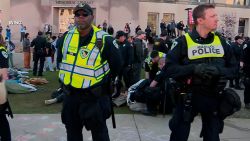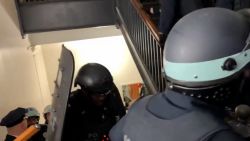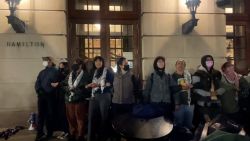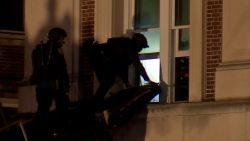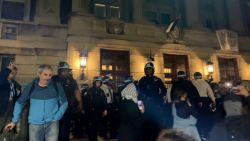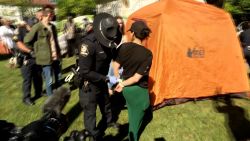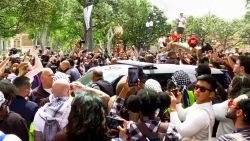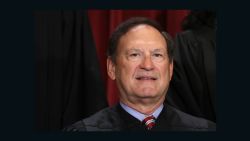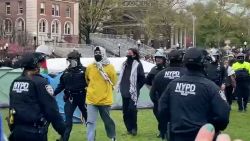Growing up in the middle of nowhere, Marc Wiley said he had two choices for recreation: “Go fast and shoot stuff.”
“And I’ve never been that interested in guns,” he said.
As a result, Wiley, a black man who lives in northern Vermont, has followed NASCAR for most of his life. He used to write magazine articles and ran a YouTube channel dedicated to the sport. He loves the energy at the races, the camaraderie of the campgrounds and the sound of cars roaring by. Everyone, he said, should go to a race at least once.
In recent years, however, he pulled away from NASCAR because he felt it had inadequately addressed social issues like police brutality and racial injustice.
“It didn’t feel like I belonged there anymore,” Wiley said, “or at least that my voice wasn’t heard there anymore.”
That changed this week when NASCAR announced it would ban the Confederate flag from races, just days after the only full-time African American driver in NASCAR’s Cup Series, Bubba Wallace, donned a shirt emblazoned “I can’t breathe” and unveiled a Black Lives Matter paint scheme in the wake of protests sparked by the police killing of George Floyd in Minneapolis.
“That was huge,” Wiley said.
For African American NASCAR fans who spoke to CNN, the Confederate flag ban and Wallace’s decision to be more outspoken about race are welcome but overdue changes in a sport they felt had failed to be inclusive in the past. For them, being a black fan has meant years of feeling overlooked, of ignoring hurtful remarks by their favorite drivers, and steering clear of fans and campsites who they feared would be unwelcoming.
But now, they’re hoping to see more people who look like them at the racetrack.
“I’m really excited about the direction the sport’s headed in, and I haven’t been able to say that for a couple years now,” Wiley said.
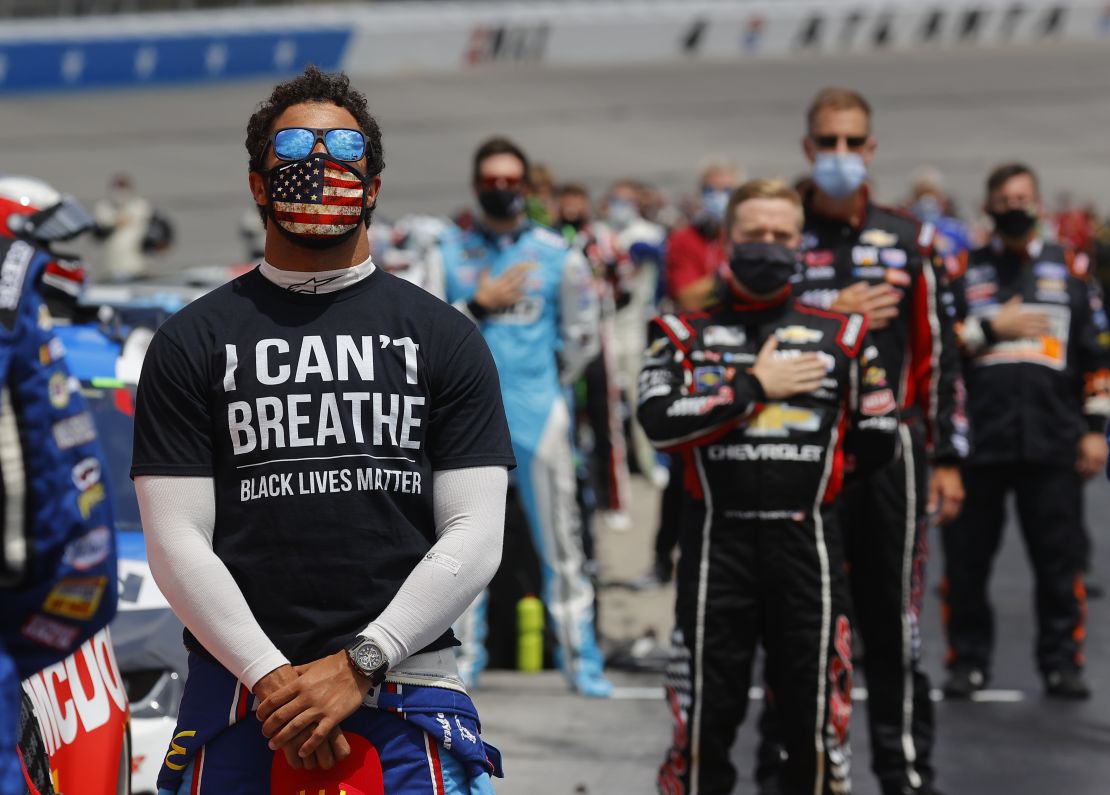
‘It meant the world’
NASCAR announced the Confederate flag ban Wednesday, writing in a statement that the flag’s presence at NASCAR events “runs contrary to our commitment to providing a welcoming and inclusive environment for all fans, our competitors and our industry.”
“Bringing people together around a love for racing and the community that it creates is what makes our fans and sport special,” the statement said.
Many in and outside NASCAR’s fan base praised the stock car racing league. Among those supporters was Mark Mosley, who told CNN his kids joke that he’s the only black man on the south side of Chicago who likes NASCAR.
Mosley admitted he’s struggled with his love of the sport. Over the years, Mosley said he’s probably taken 10 friends to Chicagoland Speedway, hoping to convince them they could like NASCAR, too.
“None of them wanted to return because of the environment,” he said. “Half of them left halfway through the race.”
When former driver Richard Petty — Mosley’s “idol” growing up — came out against kneeling during the National Anthem, Mosley said it was like a dagger to the heart. He decided to stop watching altogether after driver Kyle Larson used the n-word in a virtual racing event in April. “I gave up on NASCAR, to be honest.”
But he changed his mind this week.
“I was elated, excited, happy, any positive adjective or adverb you can think of,” he said of the flag ban. “It meant the world to me as an African American NASCAR fan.”
Another fan, Alex Burns, said he felt alienated from the rest of the fan base at times.
Walking around a track or in the campgrounds, Burns said he kept his “head on the swivel,” avoiding campsites where people were drinking and flying the Confederate flag.
While that feeling never deterred Burns from enjoying the sport, he said he’s “very proud of NASCAR” for banning the flag.
“I’m even more of a fan of NASCAR,” he said, adding later, “I just hope people understand that, you know, it’s time for change.”
‘There aren’t a lot of people who look like me’
Brehanna Daniels — the first black woman to pit in a NASCAR national series race — also supports the flag ban.
“I’m very proud of NASCAR right now,” Daniels told CNN in an interview. “We’re moving on up the ladder. We’re taking baby steps but we’re changing things for the better.”
Daniels was nervous when she first became a NASCAR tire changer through the Drive for Diversity program, which aims to bring more minorities and women into the NASCAR fold.
“There aren’t a lot of people who look like me,” Daniels said. “It’s a beautiful thing when you see multiple faces — like in the NBA and the NFL there’s people of different races, ethnicities. I like seeing diversity, and in NASCAR you really don’t see much of that.”
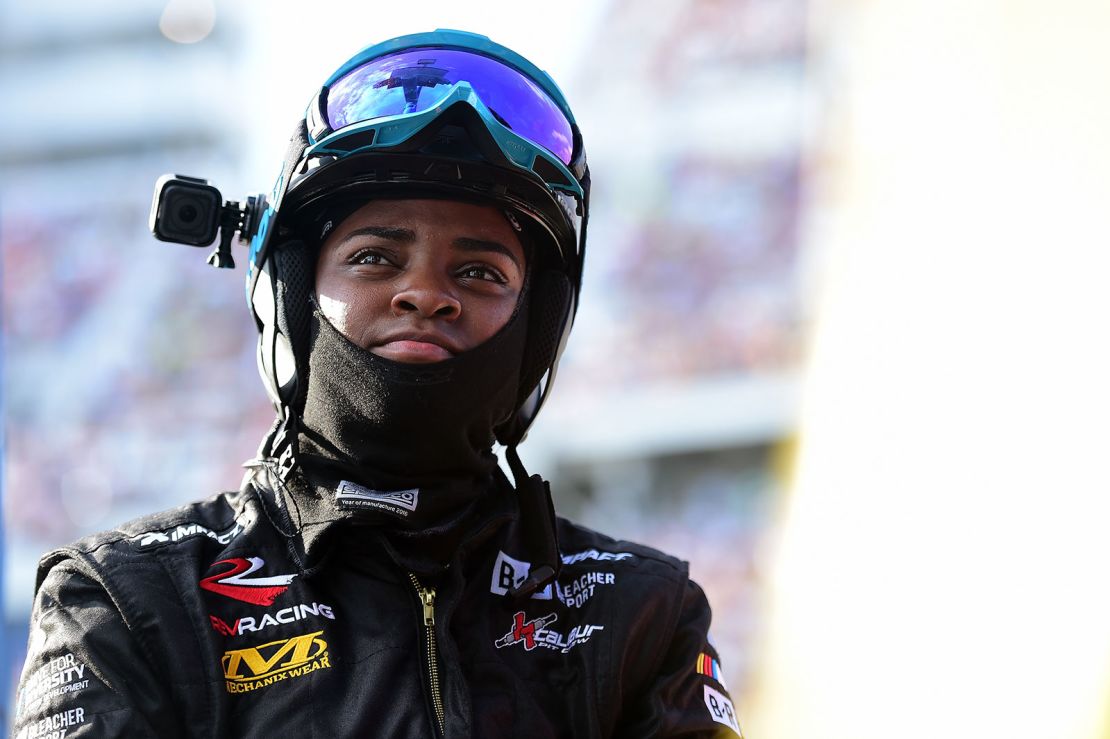
So for Daniels, the steps taken this week are “meaningful changes.”
“It honestly meant a lot,” she told CNN, wiping away tears. “Because it’s hard being black, y’all.” She pointed to the deaths of George Floyd and Breonna Taylor, saying “nobody deserves to die like that.”
“I applaud NASCAR for finally realizing that things need to change for the better,” she said. “I will always be behind them because of that.”
Flag represents division, not history, fans say
Not everyone agreed the flag ban was the right decision.
“You’re getting both sides, a lot of positive outreach and gaining new fans as we go,” Bubba Wallace told CNN’s Don Lemon. “Then you got your fans who will never watch NASCAR again, the same fans who will never watch the NFL after the kneeling, the same fans that were crying out that we’re ruining their lives and just throwing a pity party.”
One high-profile detractor was Ray Ciccarelli, a part-time driver in the NASCAR Gander RV & Outdoors Truck Series, who announced he would quit at the end of this season, writing in a statement, “I don’t believe in kneeling during Anthem nor taken ppl right to fly what ever flag they love.”
“I could care less about the Confederate Flag,” he added, “but there are ppl that do and it doesn’t make them a racist.”
Other fans spoke out on social media, insisting the flag was about history or Southern “heritage,” not a symbol of racism.
Andria Renee Phillips, an African American fan since the early 2000s, said it didn’t really bother her when she saw the flag at NASCAR events, agreeing it was “a part of history” — though she said it was “painful, no matter how you look at it.”
“I feel like the flag is a reminder of what was,” she said, “but then there’s different perspectives on the flag … It has memories for people. Good, bad, whatever it may be.”
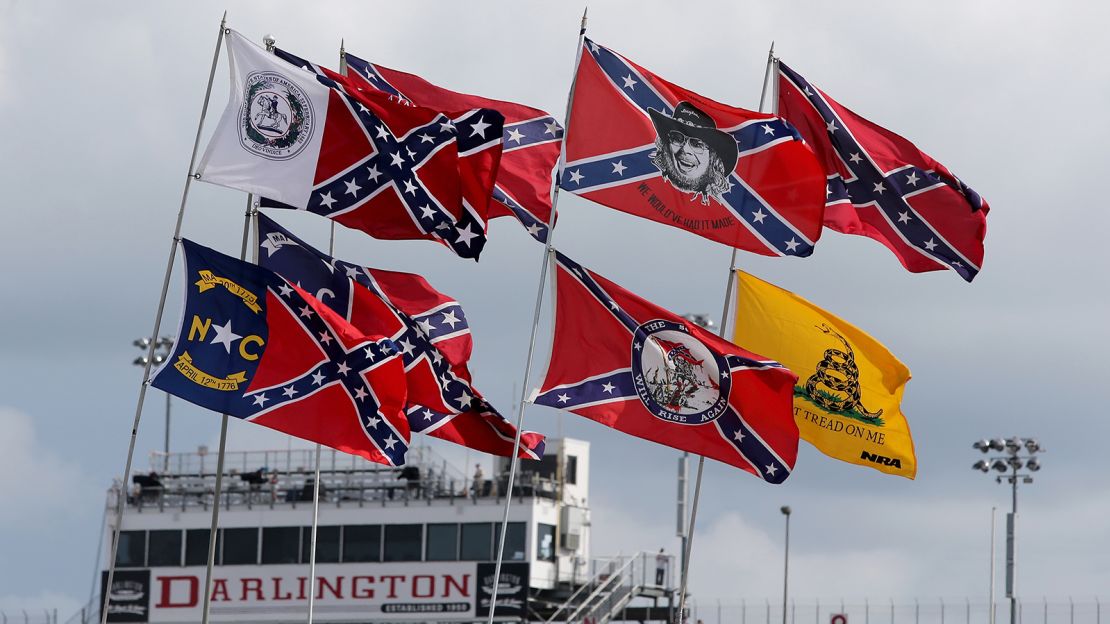
But to Daniels, the Confederate flag represents “division.”
“And that’s not what we want,” she said. “We’re more about togetherness and not being divided. I’m behind NASCAR all the way, but I felt that was dividing us.”
Burns told CNN that while the flag may be part of history, it represents “a bad time in history where we as black people were enslaved.”
“In terms of history, ” Mosley said, “history has proven that blacks have always been mistreated. So historically speaking, to me, (the Confederate flag) represents hate.”
‘We’re being listened to’
A big part of the NASCAR experience is hanging out at campsites within the track’s infield leading up to a race, Wiley said. But whenever he saw the Confederate flag flying at a campsite, “it was an indication to me of like, I don’t know what these people are about.”
“You want to be part of this whole big family atmosphere,” he said. “But at the same time it’s like, I don’t know if I’m welcome here.”
Over the years, as he became more aware of social issues like police brutality, Wiley felt NASCAR failed to reach out to black fans. Even as the Black Lives Matter movement grew, Wiley said, “NASCAR was still very much on the side of, ‘Blue Lives Matter, we support our law enforcement, we support the military,’ everything else.”
“I didn’t mind them saying we support law enforcement,” he said. “But at the same time, to completely ignore the other side of the argument was kind of insulting to me.”
In 2015, after nine black churchgoers were massacred at Emanuel African Methodist Episcopal Church in Charleston, South Carolina, NASCAR issued a statement saying it would continue “to disallow use of the Confederate Flag symbol in any officials NASCAR capacity.” But it stopped short of an outright ban, and Wiley wondered if it would ever happen.
But he felt NASCAR had no choice. In recent years, NASCAR has dealt with a narrative of declining viewership and attendance. Without efforts to be more inclusive, Wiley felt “they’re not going to make it.”
“There aren’t enough people who still believe in this to sustain it.”
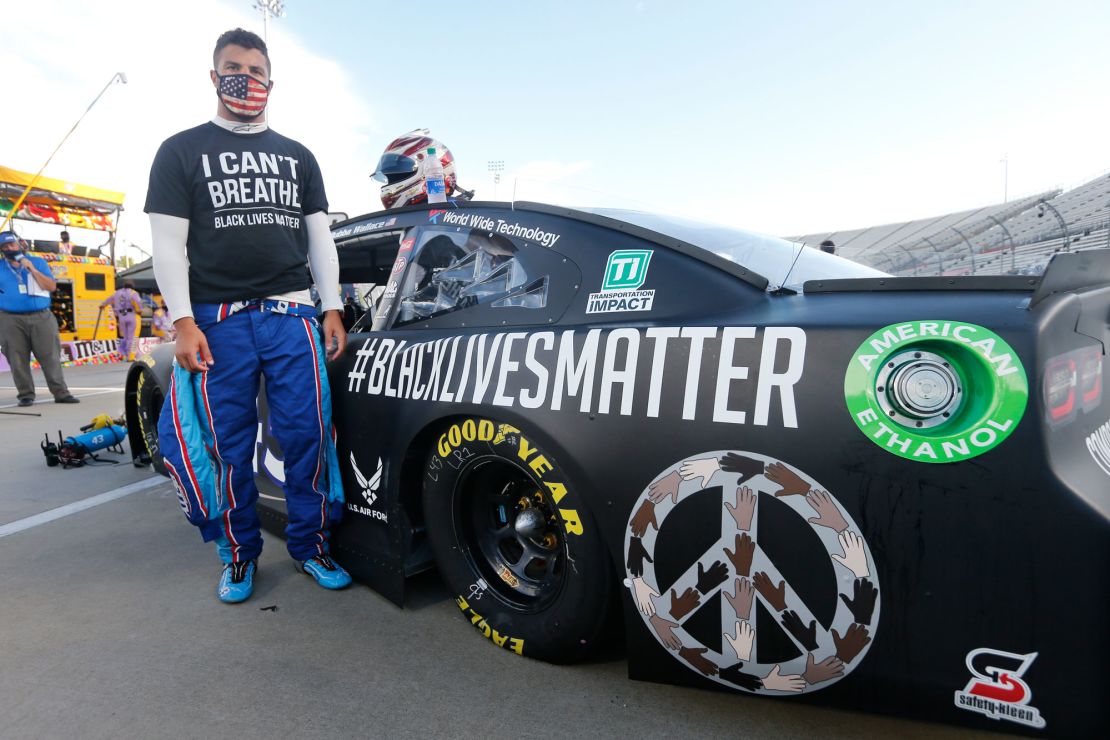
That’s why black NASCAR fans are excited. They hope this change will help attract more black and brown fans to the sport.
For Wiley, the ban and Wallace’s Black Lives Matter paint scheme were “one of the most uplifting things” for a fan who’s felt disconnected from NASCAR for a long time.
“We’re accepted and we’re being listened to — in this space,” he said. “Finally.”
“NASCAR needs more diversity,” Daniels said. “And with the recent things that have happened, a lot of minorities are saying, ‘Hey, when’s the next race? I’m trying to come.’”
“With more of that,” she said, “NASCAR will have a bigger audience, a bigger crowd.”
One day, Daniels hopes she’ll look up from the pit road and see a sea of diverse faces looking back at her.
“That would be a sight to see, wouldn’t it?”
CNN’s Steve Almasy, Katherine Jennings, Allen Kim, Keith O’Shea and Amir Vera contributed to this report.




